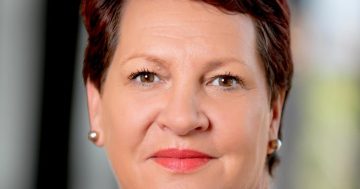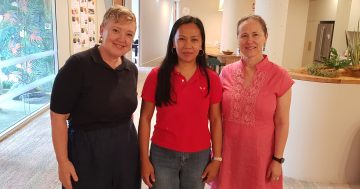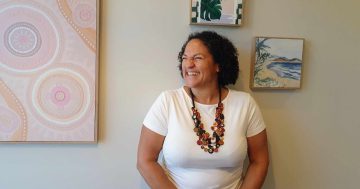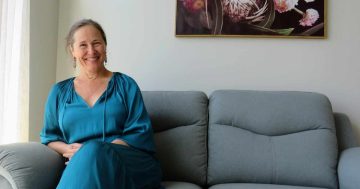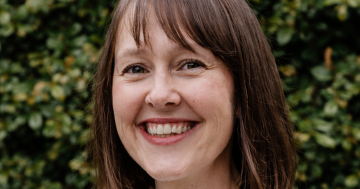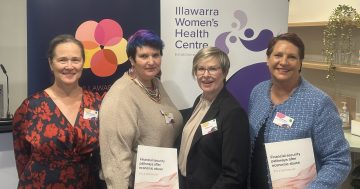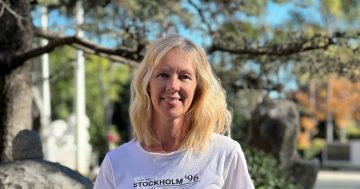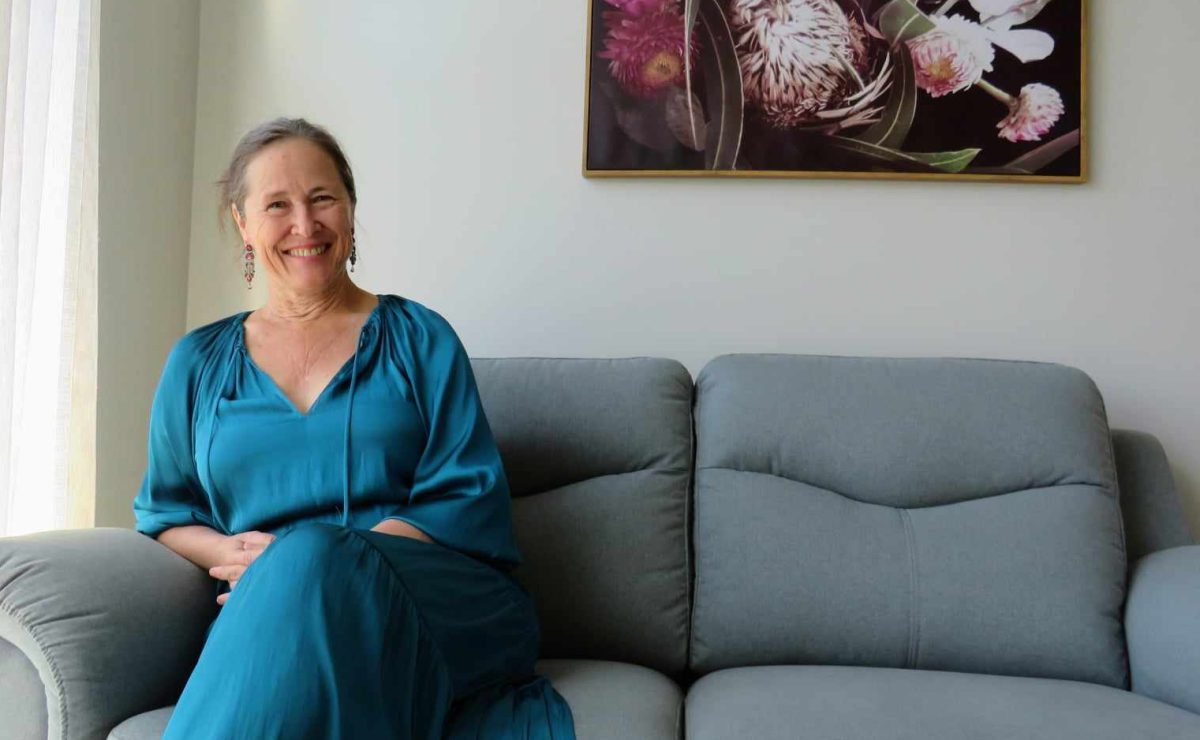
Illawarra Women’s Health Centre’s Sally Stevenson says there needs to be more investment and resources to help deal with the multiple health challenges facing women during their life. Photo: Zoe Cartwright.
Australian women are living longer than ever, but too much of their life is marked by preventable illness, violence and chronic stress, according to an Illawarra advocate.
Illawarra Women’s Health Centre executive director Sally Stevenson has called for sustained investment and resources to help women deal with multiple but changeable health challenges during their average lifespan of 85.5 years.
Sally said a new report from the Australian Institute of Health and Welfare – Health of Women in Australia – highlighted growing health pressures that demanded urgent attention.
“Women’s health cannot be treated as one-size-fits-all. At each stage of life, women face very different challenges and health burdens,” she said.
“Services must be tailored to the very different needs women face in youth, midlife, and older age.
“To do that, we need sustained investment and resources that match the scale of these challenges.”
The centre welcomed funding for women’s health research projects in the 2025 round of the National Health and Medical Research Council’s grant schemes.
Among the 338 projects supported so far this year, 18 focus on women’s health issues, receiving a combined $39 million.
However, Sally said as a percentage of all projects funded in 2025, it was a “drop in the ocean” for what was needed.
“Conditions like pre-eclampsia, severe menstrual pain, and menopause-related depression have been under-recognised and underfunded,” she said.
“Backing world-class Australian researchers to tackle these issues will help close the gap in women’s health research, improve clinical care, and ultimately change lives.
“There is still a long way to go to ensure women’s health receives funding proportionate to its impact on the community.”
The national report shows that each stage of a woman’s life brings its own health challenges, from anxiety and eating disorders in youth, to back pain and menopause in midlife and finally dementia in older age.
It found that domestic, family and sexual violence remains a significant threat to women’s health, with one in four women experiencing violence since the age of 15, compared with one in eight men.
The report said that in 2022, 61 per cent of females were living with at least one long-term health condition.
“For women aged 15 to 24, anxiety, depression and eating disorders together accounted for more than a third of the total disease burden,” the report said.
The leading cause of death in this age group is suicide (34.4 per cent), followed by transport accidents (16.6 per cent).
“By midlife, between the ages of 45 and 64, physical conditions take centre stage, with back pain, osteoarthritis and anxiety together accounting for nearly one in five cases of disease burden,” the report said.
“These challenges are often intensified by menopause, financial strain and the demands of caring for ageing parents.”
Breast cancer (9.9 per cent) and lung cancer (8.1 per cent) are the leading causes of death in the middle ages.
According to the report, the burden shifts again in women aged from 65. Dementia is the single most significant contributor to ill health, alongside other chronic diseases that reduce independence and quality of life.
The report said although the causes of death among males and females were broadly similar, the number of women who died as a result of dementia was almost twice the rate of men.
The not-for-profit Illawarra Women’s Health Centre provides free or low-cost and affordable medical, allied and complementary health care as well as health and well-being programs, groups and education to improve women’s health.
If you or someone you know needs help, you can contact:Lifeline’s 24-hour crisis support line – 13 11 14Suicide Call Back Service – 1300 659 467Kids Helpline – 1800 551 800 or kidshelpline.com.auMensLine Australia – 1300 789 978.









